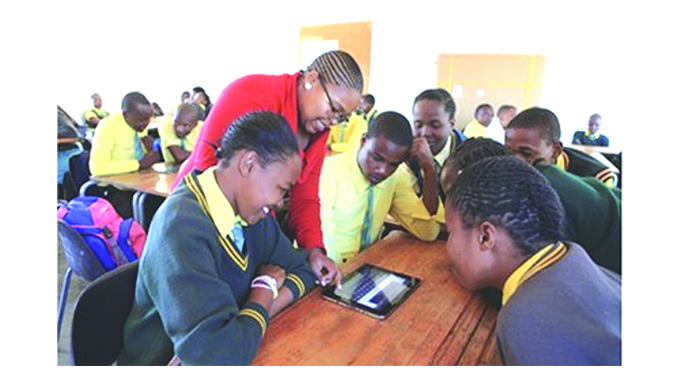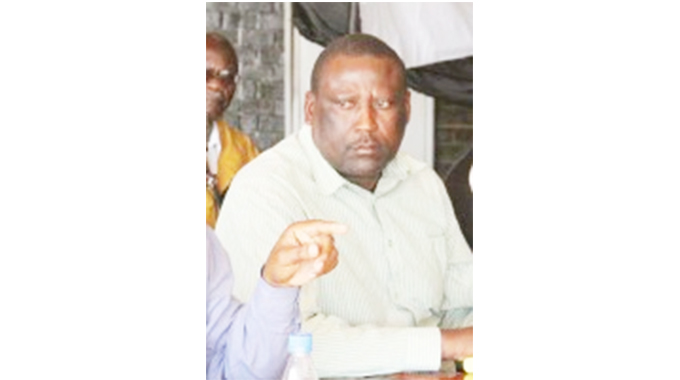Evacuating Zimbabweans from technological poverty

Stephen Mpofu, Perspective
IT can be said with equanimity that education is THE gateway to success with that value responsible at its higher levels for the acquisition of skills which evacuate a people from quagmires of want developmentally and into a brave new future.
As such, and in the current digital technological age, many Zimbabwean schoolgoing children, the potential future leaders of this country, appear to have a long way to go to catch up in terms of technological advances with their counterparts especially in developed nations, in spite of Zimbabwe boasting one of the highest literacy ratings on the African continent.
It is known that with the Covid-19 pandemic shutting down schools and businesses only a paucity of schoolgoing children in urban areas received their lessons online and through radio and television broadcasts while the majority in schools out there in the countryside gazed into space, not knowing how to proceed with their learning.
While the radio and television sets and abundant power supplies are synonymous with urban life, few rural folk possess the same means of communication and the situation is worsened by poor signals often disrupting communication so that it becomes difficult if not impossible for schools there to benefit from broadcast lessons.
Add to that challenge the fact that few schools if any possess television sets through which lessons can be accessed. In the circumstances, the ironic tragedy is that those children who received broadcast lessons or proceeded with their learning online and their unfortunate counterparts in rural areas, where the majority of Zimbabweans live, sat the same examinations at the end of last year with obvious, disastrous results for technologically-disadvantaged children at rural schools.
A few days ago a spokesman at the Ministry of Primary and Secondary Education in Harare did confirm that a poor majority in rural areas, as well as a poor minority in urban areas, were affected in their learning by the coronavirus as they lacked the technological know-how to access lessons during the Covid-19 shutdown in which schools were no exception.
The ministry has now made provisions for digital and online lessons from Ruzivo as well as from EduConnect; Profuturo; Learning Passport and Adillo Library.
The spokesman said that more than 1 300 radio and TV lessons had been produced to date.
However, he said these were not accessible to everyone owing to various reasons which he did not mention.
He said: “so provisions have been made in terms of the following: Non-formal education modules, Grade 7 self-study guides, self-study workbook and teacher guides.” Since every schoolgoing Zimbabwean is expected to play an important role in the development of our motherland, no effort should be spared in providing these leaders of tomorrow with the requisite skills to perform that role competently.
Which in this writer’s humble opinion, means that a schools inspectorate should be an eagle’s eye ensuring that all educational institutions in the country, be they church, or privately-run, are fully equipped to prepare Zimbabwean child with the requisite knowledge and skills to play a pivotal role in making Zimbabwe a developed state to benefit all of our people.
In that regard, the spokesman said there was still a lot to be done in preparing schools to play their role technologically in developing our country.









Comments